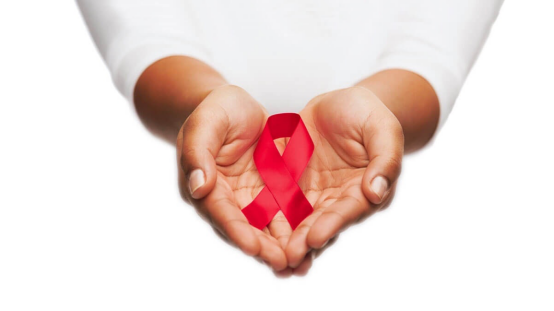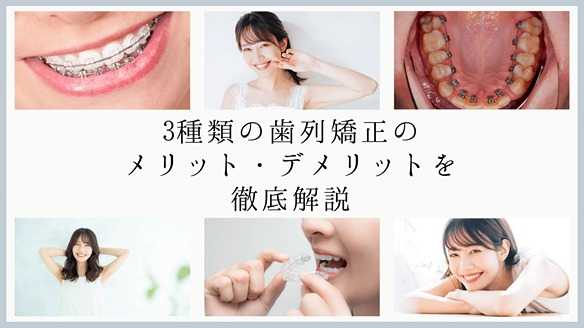2025’s Best Business Credit Cards for Every Kind of Company
Prevention Tips for Teens – HIV/AIDS
Talking to your teen about HIV/AIDS is an essential part of helping them make informed decisions about their health. HIV is a virus that attacks the immune system, and if left untreated, it can lead to AIDS. Thankfully, HIV is preventable with the right knowledge and precautions. Here are some key points to discuss with your teen to help them stay safe and healthy.
Talking to your teen about HIV/AIDS is an essential part of helping them make informed decisions about their health. HIV is a virus that attacks the immune system, and if left untreated, it can lead to AIDS. Thankfully, HIV is preventable with the right knowledge and precautions. Here are some key points to discuss with your teen to help them stay safe and healthy.

1. Start the Conversation Early
It’s important to talk to your teen about HIV/AIDS before they are exposed to risky behaviors. Choose a time when you can have an open and honest discussion.
What to discuss:
- What is HIV and AIDS?Explain that HIV weakens the immune system and can lead to AIDS, which has no cure.
- How is HIV transmitted?Teach them that HIV is spread through unprotected sex, sharing needles, or from an HIV-positive mother to her baby.
2. Talk About Safe Sexual Practices
If your teen is sexually active, it’s crucial to talk about how to protect themselves.
Key points:
- Condom use:Always use condoms during sex to prevent HIV and other STIs.
- Respecting boundaries:Teach your teen the importance of mutual consent and respecting their partner’s boundaries.
3. Discuss Other Risky Behaviors
There are other activities that can increase the risk of HIV, such as sharing needles or getting tattoos in unregulated settings.
Important advice:
- Tattoos and piercings:Explain that sharing needles or getting tattoos in unsafe environments can lead to HIV transmission.
- Drug and alcohol use:These can impair judgment and lead to risky behavior. Encourage your teen to avoid substance use.
4. Address Peer Pressure
Teens face pressure from peers to engage in risky behaviors. Help them develop strategies to resist these pressures.
How to help:
- Role-playing:Practice saying "no" to sexual activity or drug use in a supportive way.
- Open communication:Keep the conversation ongoing so your teen feels comfortable coming to you with any concerns.
5. Provide Accurate Information
Make sure your teen has accurate facts about HIV, so they’re not misinformed by rumors or social media.
Clarify common myths:
- HIV is not spread by casual contact, such as hugging, kissing, or sharing food.
- People with HIVcan live long, healthy lives with the right treatment.
6. Encourage Healthy Choices
Teens with strong self-esteem are more likely to make healthy decisions. Support your teen in developing a positive body image and making informed choices.
How to help:
- Promote self-respect:Encourage them to value their body and health.
- Teach about healthy relationships:Discuss the importance of mutual respect, emotional connections, and communication in relationships.
Conclusion: Keep the Conversation Going
The more you talk to your teen about HIV/AIDS and prevention, the more empowered they will be to make safe choices. Open, honest conversations will help them understand the risks and how to protect themselves. By providing them with the right information, you can help ensure your teen’s health and well-being.











